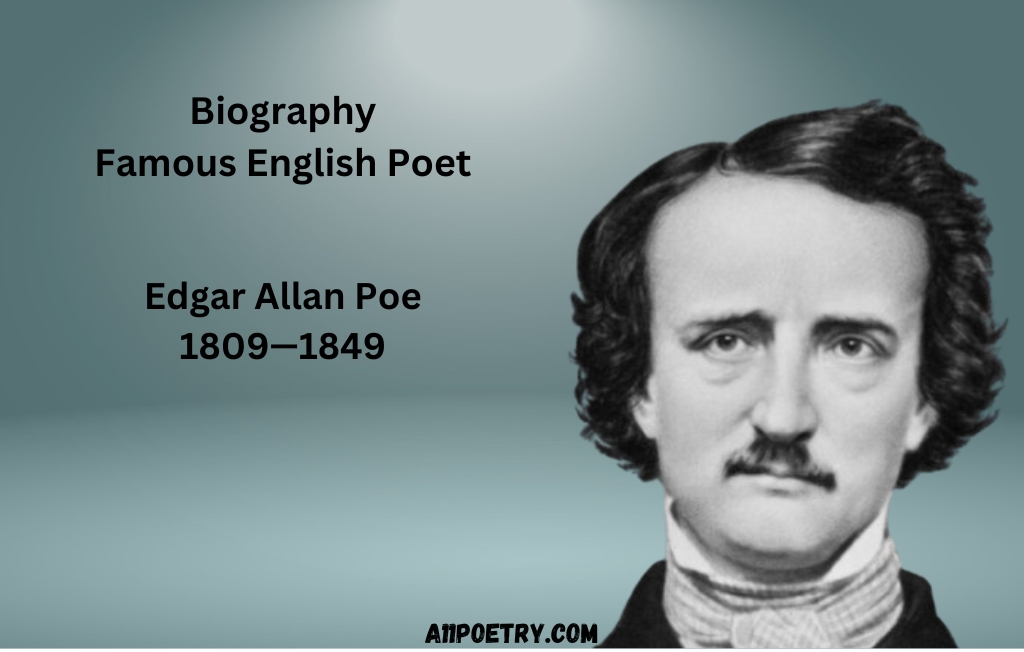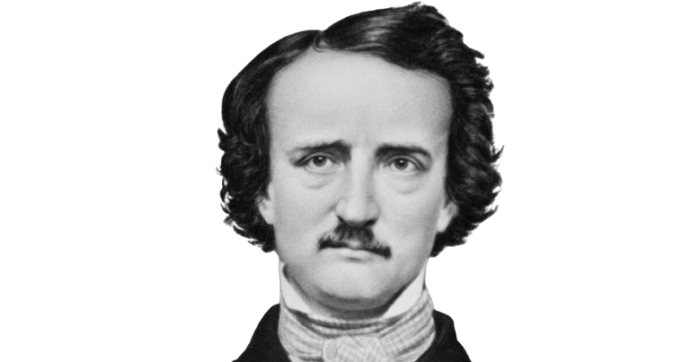
Edgar Allan Poe (January 19, 1809 – October 7, 1849) was an American poet, short story writer, editor, and literary critic, best known for his macabre and Gothic tales and poems. His works often explore themes of death, madness, and the supernatural, and he is widely considered one of the most influential American writers.
Early Life:
Poe was born in Boston, Massachusetts, to actors David and Elizabeth Poe. His father abandoned the family when Poe was a baby, and his mother died of tuberculosis in 1811, leaving Poe an orphan at the age of two. He was taken in by John and Frances Allan, a wealthy couple from Richmond, Virginia, but never formally adopted. His relationship with John Allan was strained throughout his life.
Education and Early Career:
Poe attended the University of Virginia, where he excelled in languages but struggled financially. Unable to pay off gambling debts, he left after one year. He later enrolled at the U.S. Military Academy at West Point, but was dismissed for neglecting his duties. Poe’s early life was marked by financial instability and personal struggles, which would continue to affect his work.
Literary Beginnings:
Poe began his literary career as a poet, but soon turned to writing short stories, criticism, and editing. In 1835, he became the editor of The Southern Literary Messenger, a Richmond-based literary journal, where he gained recognition for his sharp critiques and distinctive voice. He published some of his earliest short stories and poems during this period.

Key Works:
-
“The Raven” (1845): Poe’s most famous poem, it tells the story of a grieving man visited by a mysterious talking raven, symbolizing sorrow and lost love.
-
“The Tell-Tale Heart” (1843): A short story about a man driven to madness by his guilt over murdering an old man, showcasing Poe’s mastery of psychological horror.
-
“The Fall of the House of Usher” (1839): A Gothic tale of a decaying family mansion and its tragic inhabitants, illustrating Poe’s fascination with the theme of decay.
-
“The Cask of Amontillado” (1846): A dark tale of revenge, where a man lures his victim into a deadly trap.
-
“The Black Cat” (1843): A story about guilt and insanity, featuring the supernatural and psychological horror.












